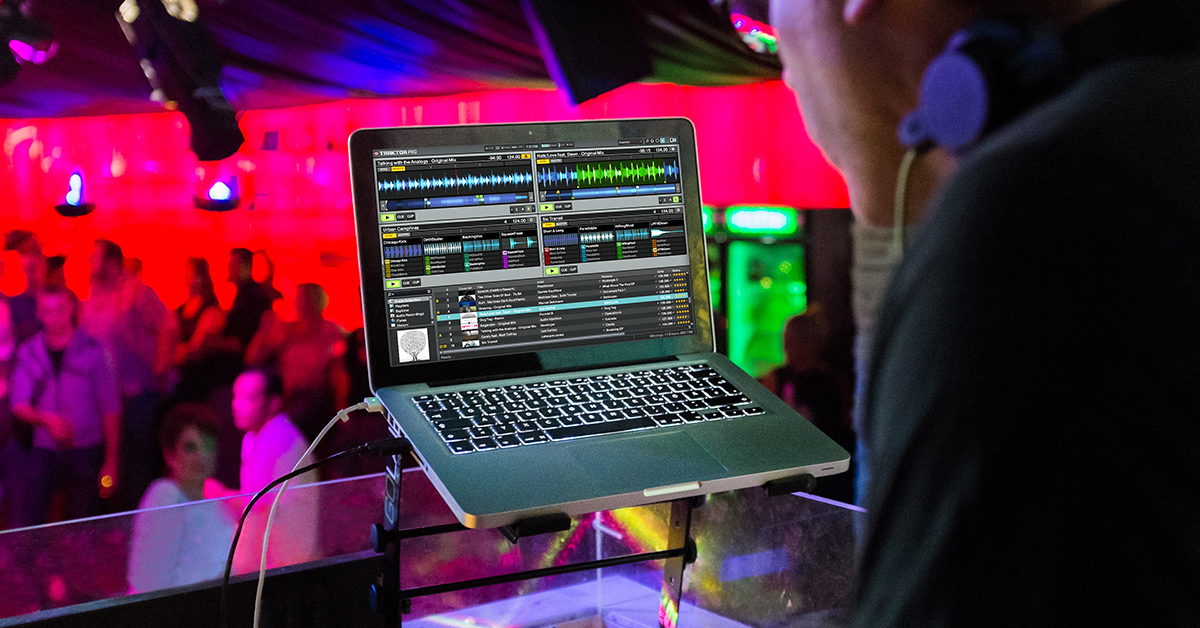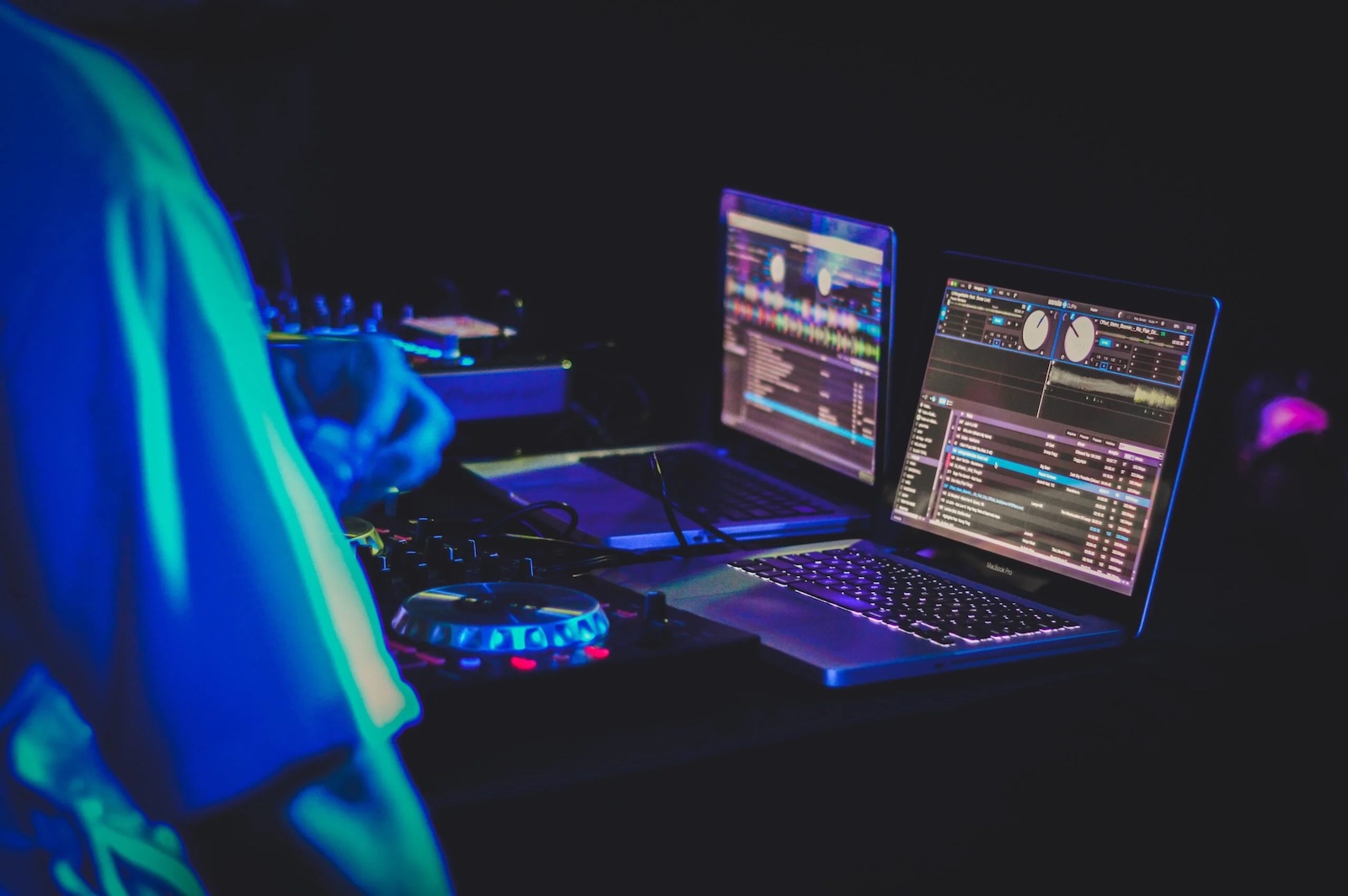
DJ Software: Everything You Need To Know
With the rise of electronic music, DJs have become a staple at almost every social gathering, event, or nightclub. As the demand for DJs increases, so does the need for the right tools and equipment. One of the most crucial elements of any DJ’s set-up is the software used to control the music and mix tracks seamlessly. In this article, we’ll take a closer look at DJ software, its history, and its features.

What Is DJ Software?
In the past, DJs would use vinyl records or CDs to mix tracks, often requiring two turntables, a mixer, and other hardware. However, with the evolution of technology, DJs can now perform using software on a laptop or tablet, often with additional hardware controllers for hands-on control. DJ software allows DJs to manipulate audio files, mix them, and add effects, all in real time. These programs can be used for live performances, as well as for pre-recorded mixes and podcasts.
DJ software offers several advantages over traditional vinyl or CD mixing. It is more cost-effective and requires less space, as the DJ only needs a laptop or tablet and a controller. It is also more efficient, allowing DJs to quickly and seamlessly mix tracks, add effects, and customize their performance to suit their audience.
The History Of DJ Software
The earliest DJ software dates back to the 1980s when music production software, such as Cubase and Logic, was adapted for DJ use. However, these programs were not specifically designed for DJs and lacked the necessary features and functionality.
The first DJ software designed exclusively for DJs was Final Scratch, released in 2001. Final Scratch used timecode vinyl records that were played on traditional turntables but controlled the playback of digital audio files on a computer. This system allowed DJs to manipulate digital files as if they were using traditional vinyl records, but with the added advantage of digital files being more easily searchable.

What Are The Key Features Of DJ Software?
DJ software offers several features that allow DJs to create unique and dynamic performances. Here are some of the key features to look for in DJ software:
Music Library Management
One of the most important features of DJ software is the ability to manage your music library. DJ software allows you to import, organize, and search your music collection, making it easier to find and mix tracks. You can create playlists, tag tracks with keywords, and analyze the tempo and key of each track, making it easier to mix songs seamlessly.
Mixing And Beatmatching
DJ software allows you to mix tracks seamlessly, adjusting the tempo and pitch of each track to match the beats of the other tracks. Most DJ software includes a visual representation of the tracks’ waveforms, making it easier to see where the beats align. Some programs also include automatic beatmatching features, which can help ensure that your tracks are always in sync.

Effects And Filters
DJ software allows you to add effects and filters to your tracks, such as reverb, delay, and EQ. These effects can help create a unique sound and add an extra level of creativity to your performance.
Sampling And Looping
DJ software allows you to sample and loop sections of your tracks, making it easier to create custom remixes and transitions. You can also use samples from other tracks or external sources to add extra layers to your mix.
Hardware Integration
Most DJ software can be used with external hardware controllers, which provide tactile control over the software. These controllers often include knobs, faders, and buttons, which can be mapped to specific features in the software. This allows for a more hands-on approach to mixing, making it easier to perform complex maneuvers and transitions.
 Tur
Tur
Recording And Broadcasting
DJ software allows you to record your performances, which can be used for promotional purposes or shared online. Some software also includes broadcasting capabilities, allowing you to stream your performance live to an online audience.
Plug-Ins And Add-Ons
Many DJ software programs offer plug-ins and add-ons, which can expand the function software’s functionality including additional effects, sample libraries, and MIDI controllers, which enhance your performance and make it unique.







